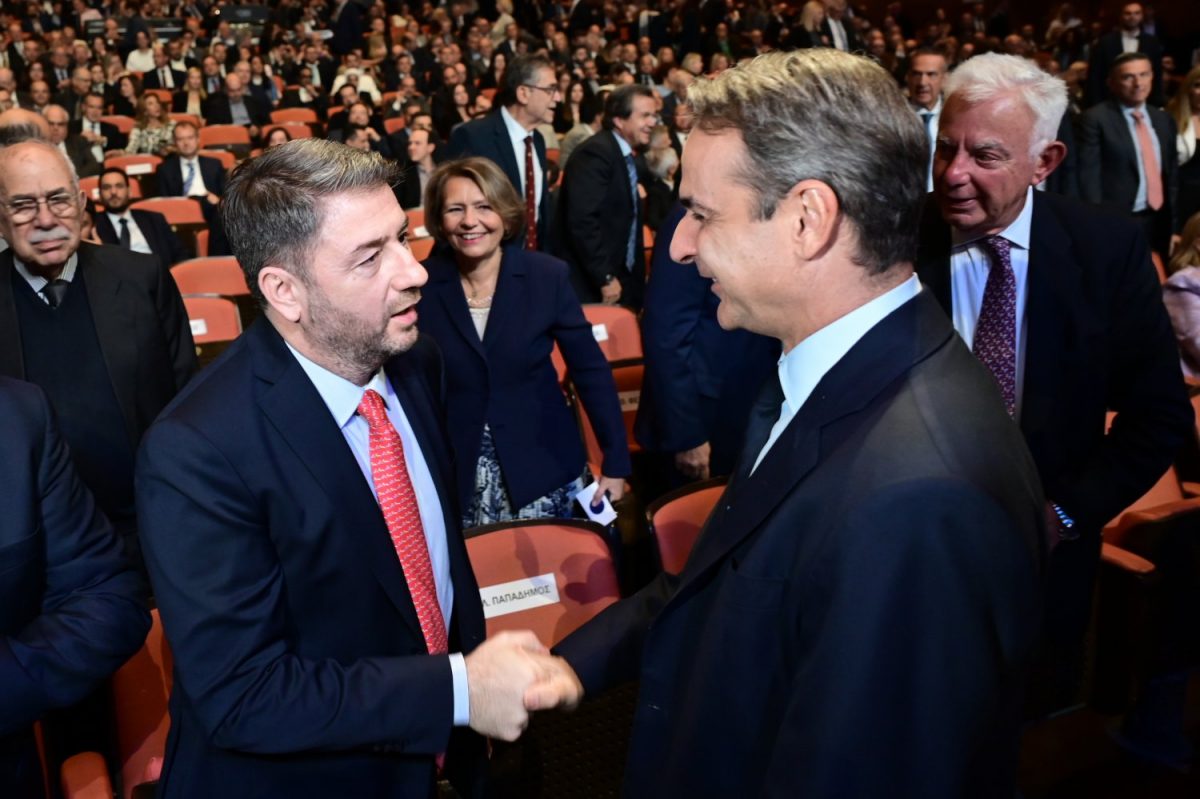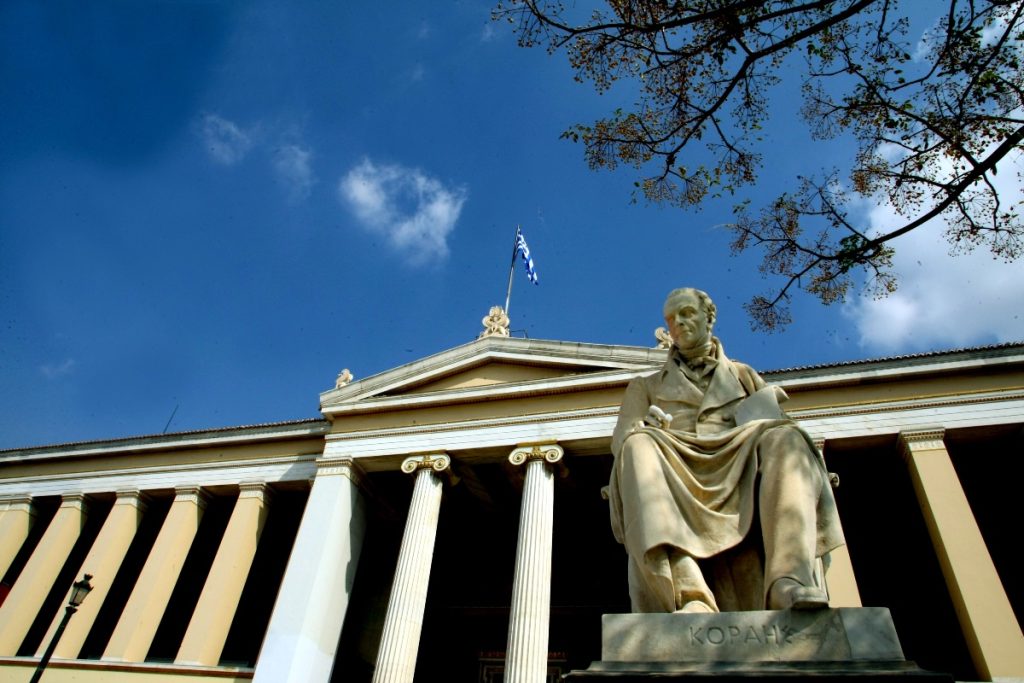The forthcoming meeting comes amid complex political dynamics, with the government seeking cooperation from PASOK on various legislative matters, including recent discussions around the Supreme Council for Civil Personnel Selection (ASEP) and the Greek Ombudsman. Meanwhile, PASOK has also tabled proposals, addressing Greece’s minimum wage, transparency of political financing, and auditing current government offices, which it seeks government support for.
PASOK, however, maintains that the government’s requests for consensus are more of a public relations move than a genuine appeal for collaboration, a sentiment that has fueled skepticism ahead of this meeting.
Both Mitsotakis and Androulakis have high stakes in this meeting. For Mitsotakis, securing cooperation from PASOK could be crucial for navigating future parliamentary needs, including the potential constitutional review, the appointment of the next President of the Hellenic Republic, and possible coalition support if a new government is needed. For Androulakis, the objective is to position PASOK as a significant player in Greek politics, increasing its influence without compromising its identity as a center-left alternative to Mitsotakis’s New Democracy.
PASOK’s historical role as a stabilizing force in times of national crises has not been forgotten, and its potential to support the government on key issues makes it a valuable partner. However, the two parties’ contrasting visions and differing priorities mean that any partnership will likely be a matter of necessity rather than ideological alignment.



